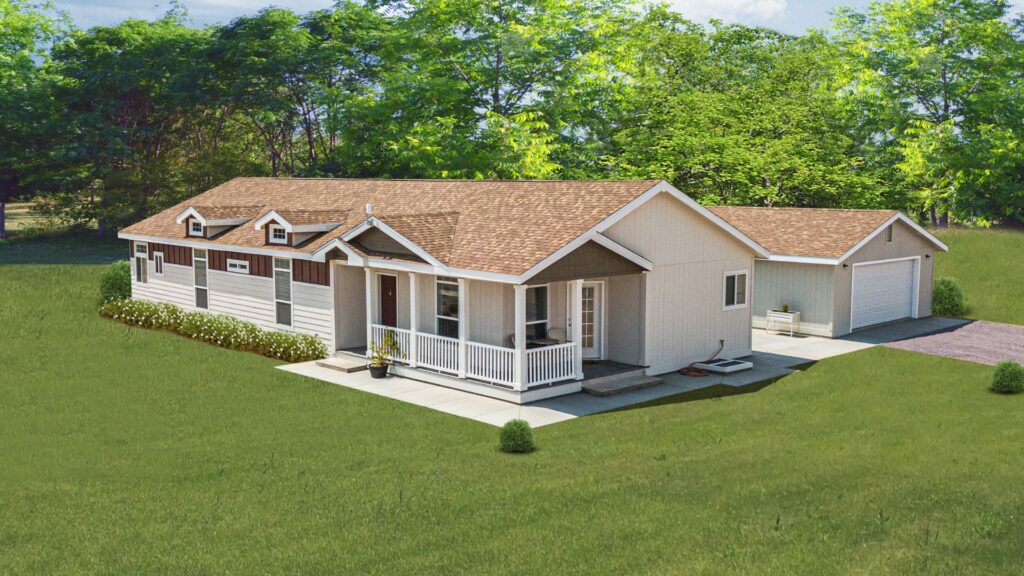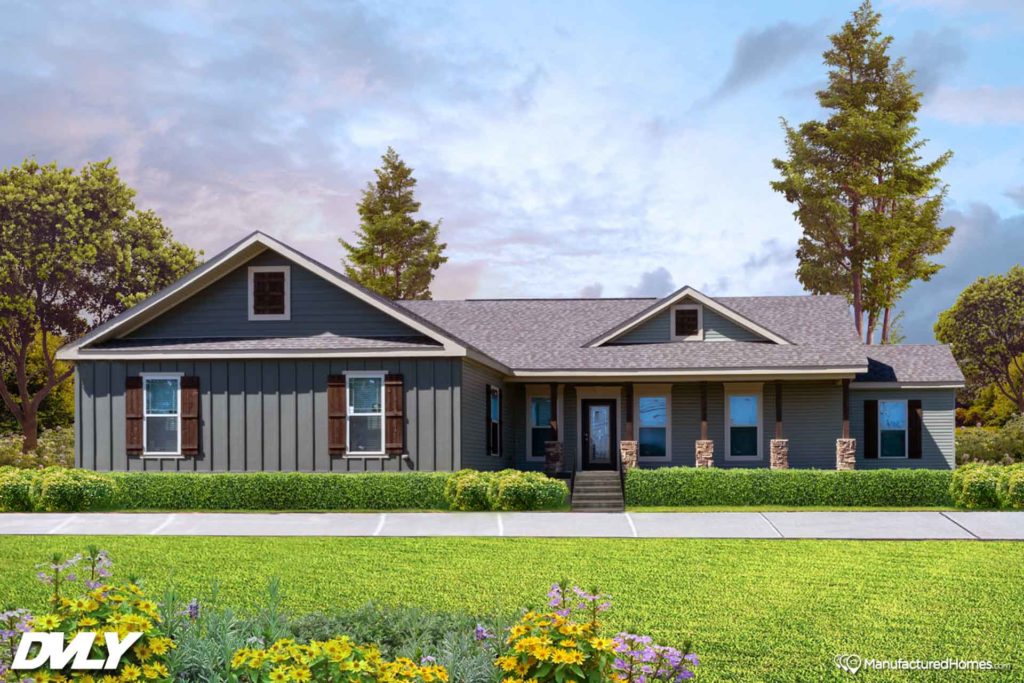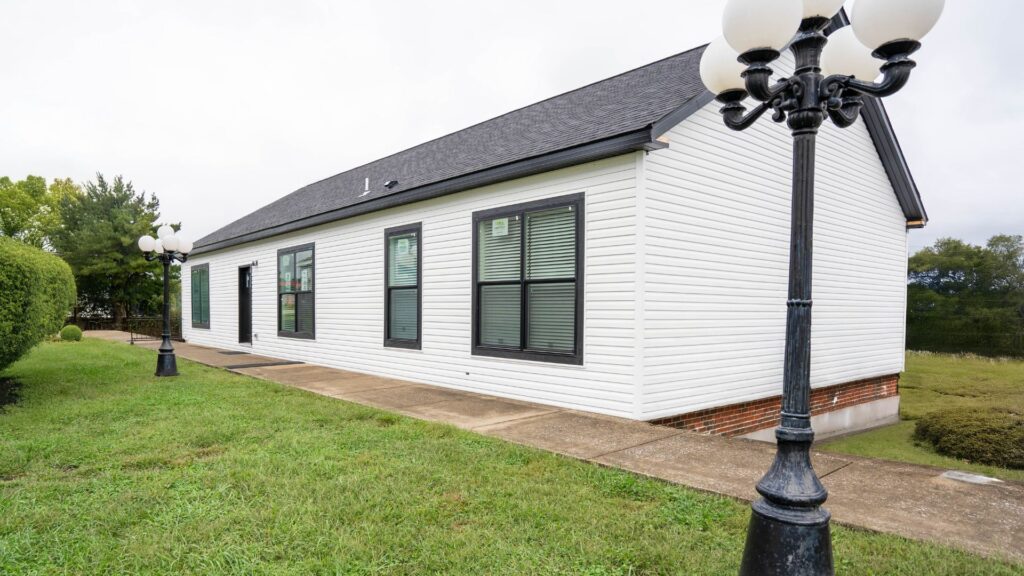The housing market is constantly evolving, with new trends and styles emerging to cater to modern living. Modular homes are making significant strides in the world of real estate. With an array of sustainable building practices and design versatility, these homes are not just an alternative; they are a reflection of contemporary lifestyles and eco-conscious choices.
If you’re in the market for a new home or simply exploring the possibilities, it’s crucial to understand the true advantages modular homes offer beyond their cost-effectiveness. From energy efficiency to customizable designs, the benefits might surprise you.
1. The Design Possibilities Are Endless
One of the standout features of modular homes is their remarkable design versatility. Contrary to the stereotype of a boxy, cookie-cutter house, modular homes can be tailored to fit any aesthetic or functional requirement. Homebuyers have the option to work with in-house designers, allowing for a unique blend of personal style and practical needs.
From contemporary finishes to traditional facades, modular homes can be customized in terms of layout, exterior finishes, and even the materials used in the construction. Whether you envision a cozy cottage or a sprawling family residence, the options are virtually limitless. This freedom of design not only enhances satisfaction but also increases the property’s market appeal.
2. They Can Go (Almost) Anywhere
With the ability to choose from a wide array of architectural styles and layouts, modular homes easily blend into any environment. Whether you prefer a serene rural setting, a bustling urban neighborhood, or something in between, these homes can adapt to various landscapes. Their sectioned construction allows for easier transportation to remote locations. As a result, homeowners can enjoy their dream location without compromising on design or comfort.
3. Superior Energy Efficiency
In an age where environmental consciousness is more important than ever, modular homes lead the charge in energy efficiency. Built in a controlled factory setting, these homes benefit from stringent building codes and energy regulations that ensure optimal insulation and minimal air leakage. This translates to lower energy bills and a reduced carbon footprint. Many modular homes come equipped with energy-efficient appliances and advanced heating and cooling systems as standard options.
4. Modular Homes Can Appreciate in Value
Additionally, the materials used in the construction of modular homes are often sourced to be eco-friendly, adding another layer of sustainability. The factory setting also minimizes waste during the building process, as leftover materials can be recycled or reused, further contributing to a reduced environmental impact. Homeowners can even opt for additional green features, such as solar panels or rainwater harvesting systems, seamlessly integrating modern sustainability practices into their homes.
Investing in a modular home not only increases energy efficiency but also positions homeowners as proactive stewards of the environment, adding value to their lifestyle and image.
4. Modular Homes Can Appreciate in Value
Another misconception about modular homes is that they depreciate or fail to hold their value over time. In actuality, well-built modular homes can appreciate in value just like traditional stick-built homes. This is largely due to the quality and durability of the construction. With advances in technology and building methods, modular homes are now made with high-quality materials and construction practices that rival, if not exceed, those of their conventional counterparts.
5. Built to the Same Standards as Traditional Homes
Another compelling advantage of modular homes is that they are built to the same stringent standards as traditional homes. Many think of modular construction as a lower-quality alternative, but in reality, these homes undergo rigorous inspections and must comply with the same local, state, and national building codes. This means modular homes are not only subject to the same safety regulations as site-built homes, but they often incorporate modern engineering techniques that enhance their strength and longevity.
For example, modular homes are designed to withstand transportation and installation stress. The construction process involves building sections of the home in a factory setting, where they are assembled with meticulous attention to detail. This controlled environment reduces the risk of construction-related issues such as weather damage, mold, and other contaminants. Once the sections are delivered to the site and assembled, they’re typically secured on a solid foundation that meets all local zoning and residential building codes. Many modular home manufacturers provide warranties that cover structural integrity and components inside the house, demonstrating their confidence in the durability and longevity of their products.
Get Started Today
If you’re interested in learning more about modular homes, contact Family Dream Homes. We’re here to help with any questions you may have



